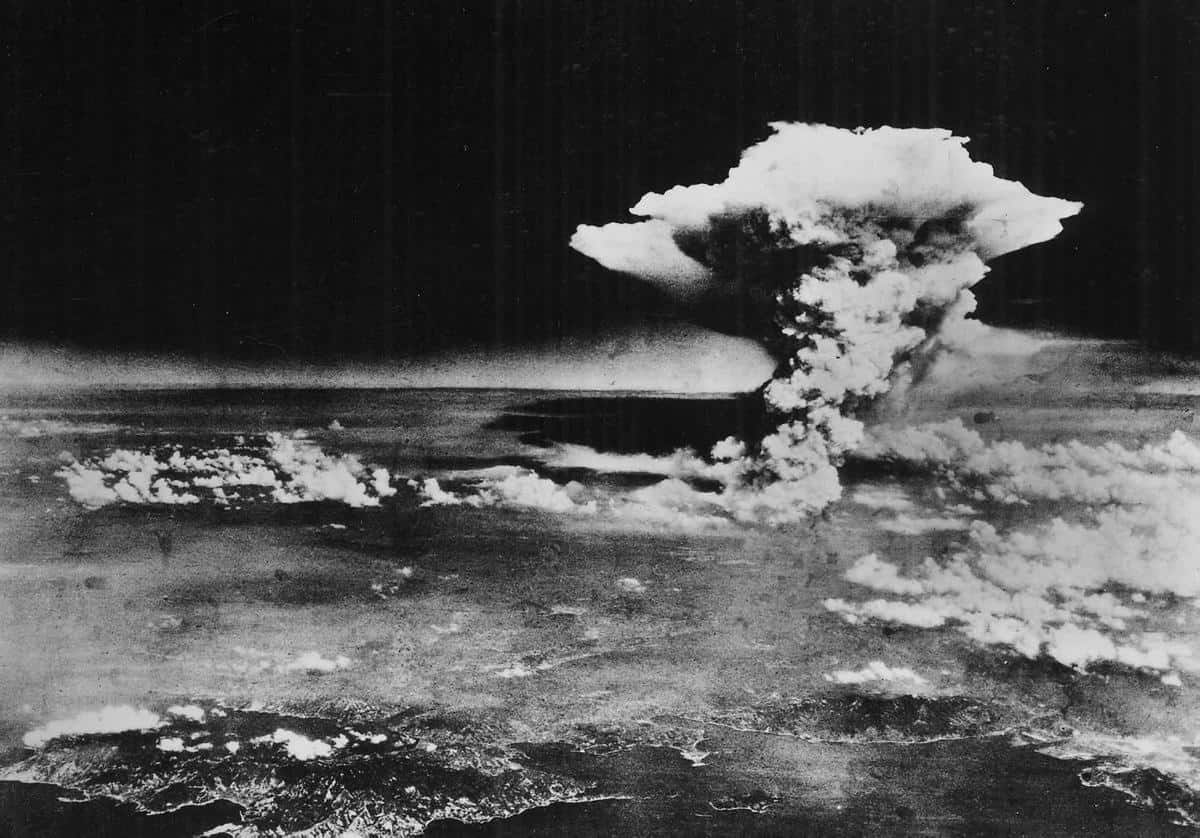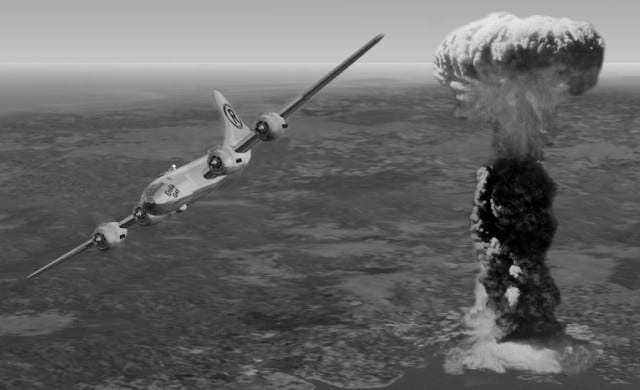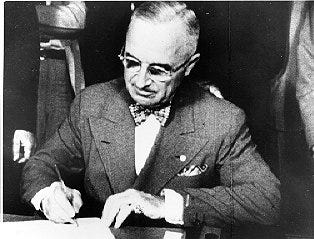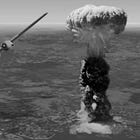The Atomic Bombings, 70 Years Later
Harry Truman was a hero, to the Japanese more than to anyone else.
by Rod D. Martin
August 9, 2015
This week saw the 70th anniversaries of the bombings of Hiroshima and Nagasaki. Much bloviating is done each year about this, including the "unprecedented" death toll. But this is nonsense: more people were killed by the conventional bombing raid on Tokyo that March than at either Hiroshima or Nagasaki; the attack on Hamburg killed a similar number to that at Nagasaki, and if Kurt Vonnegut is correct, as many were killed in Dresden as in both cities combined.
As long as we're at it, had the 9/11 terrorists attacked the World Trade Center at noon instead of early morning, they would have killed as many people as the atomic bomb did at Nagasaki, a fact that seems lost on John Kerry.
But back to the point, at Nanking alone, the Japanese murdered 300,000 -- more than twice as many as the death count at both Hiroshima and Nagasaki put together -- and did so hand-to-hand, raping as many of their victims as possible as they went. The "poor defenseless Japanese" narrative safely ignores, from seven decades distance, the nightmare unleashed by Imperial Japan across half of Asia and the Pacific from 1931 to 1945, ten hellish years more than the U.S. was involved.
So what was the purpose in dropping the Bomb? It certainly wasn't slaughter: both sides were fantastically good at that already. As I point out in "The Moral Necessity of Hiroshima" and its more instructive companion piece, dropping the Bomb shook the Japanese out of a to-the-death mindset that would have continued the war indefinitely. Estimates of likely dead in a continued war are conservatively estimated at 1 million American and Allied dead, 10 million Japanese.
Hiroshima and Nagasaki are beautiful, thriving cities today. Had the war continued, Japan would have been reduced to starving ashes, with or without the Bomb; and had we just withdrawn -- the usual liberal means of "ending" wars today -- the Japanese would have quickly resumed their march, assuming of course that they weren't first overrun by the Soviets.
If only in this one thing, Harry Truman was a hero, to the Japanese more than to anyone else.







